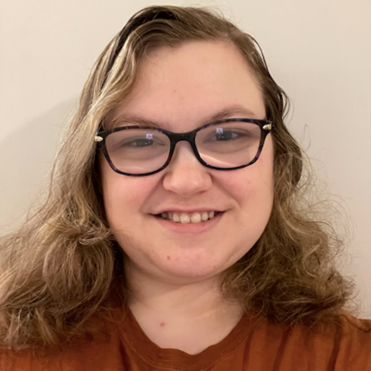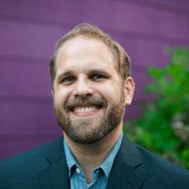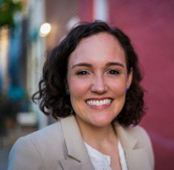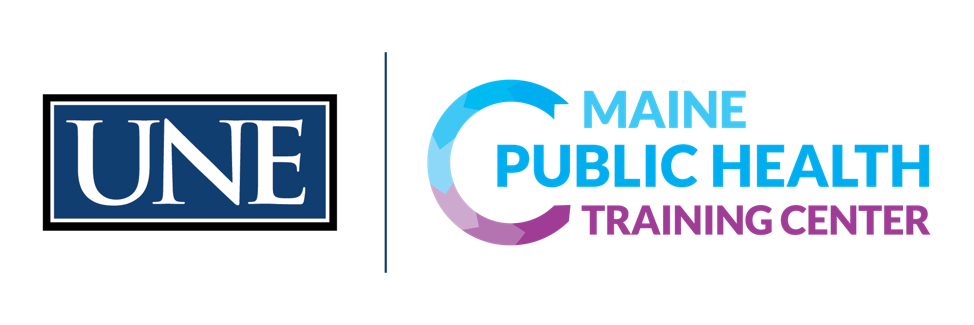

Community Voices in Cancer Prevention and Control: Maine’s Collaborative Approach to Shaping the 2021–2030 Cancer Plan
How can community engagement strengthen the development of strategic plans?

Course Information
- Audience: All public health professionals working in nonprofits, healthcare, educational institutions, government and private sector
- Format: Webinar
- Date/Time: December 4th, 2025 12:00 PM – 1:00 PM ET.
- Price: Free
- Length: 1 hour
- Credential(s) eligible for contact hours: Sponsored by New England Public Health Training Center (NEPHTC), a designated provider of continuing education contact hours (CECH) in health education by the National Commission for Health Education Credentialing, Inc. This program is designated for Certified Health Education Specialists (CHES) and/or Master Certified Health Education Specialists (MCHES) to receive up to 1 total Category I continuing education contact hours. Maximum advanced-level continuing education contact hours are 1. Provider ID: Event ID: .If you are not seeking a CHES/MCHES contact hours, if you complete the post-test and evaluation, you will receive a Certificate of Completion. The Certificate will include the length of the course.
- Competencies: Community Dimensions of Practice Skills
- Learning Level: Awareness
- Companion Trainings: None
- Supplemental materials:None
- Pre-requisites: None
About this Webinar
Cancer remains a leading cause of death in Maine, with persistent disparities in prevention, screening, treatment, and survivorship. In preparation for expanding the Maine Cancer Plan 2021 – 2025 through 2030, the Maine CDC’s Comprehensive Cancer Control Program collaborated with Partnerships For Health to implement a robust, community-centered engagement process. This multi-phase approach included a statewide survey, two virtual listening sessions, and an in-person Summit - each designed to elevate local voices, build connections, and shape shared priorities for action. This presentation will share key themes from the engagement process, highlight examples of how community connections strengthened the planning process, and offer practical insights for embedding comprehensiveness, transparency, and collaboration into statewide public health strategies. Attendees will leave with engagement strategies that can be applied to other chronic disease planning initiatives, particularly those seeking to bridge social divides and foster trust through authentic dialogue.
Learning Objectives
-
Explain how community engagement methods such as surveys, listening sessions, and summits can be used to surface and prioritize public health strategies.
- Describe two or more strategies for building authentic community connections to inform and strengthen statewide public health planning efforts.
-
Subject Matter Expert(s)
 Becky Pearce, MA
Becky Pearce, MA
Michelle Mitchell, MSocSc
Becky is the Health Program Manager for the Maine CDC Comprehensive Cancer Control Program. She came to Maine CDC from the world of academia after teaching communication classes at various colleges in the U.S. for 20 years. Becky began working for the tobacco program at Maine CDC in May of 2008. She was hired to oversee the media contract for the program as well as to work with two rural public health districts on physical activity, nutrition, and tobacco. In 2012 she began working with the cancer program and moved into the Program Manager position in 2022. Since then she has worked on cancer prevention, promoting the US Preventive Services Task Force cancer screening recommendations, HPV vaccinations, radon testing, lung cancer screening, and has been involved with the updating of multiple cancer plans. Becky holds a BA and a MA in communication from the University of North Dakota.
Michelle is the Founder and Executive Director of Partnerships For Health, where she serves as Principal Investigator for statewide and community-based evaluations. She earned her Master of Social Science in Clinical Psychology from the University of Natal in South Africa, following a Bachelor of Commerce with Honors in Psychology and a Bachelor of Commerce in Information Systems and Psychology from Rhodes University. She began her public health career in rural South Africa, supporting HIV/AIDS clinical trials, and has since led more than 85 evaluations in Maine spanning chronic disease prevention, health systems change, and community engagement. With expertise in evaluation design, stakeholder engagement, and facilitation, Michelle is known for fostering collaboration across sectors and ensuring that diverse voices are meaningfully integrated into public health decision-making.
Enrollment and Contact Hours
Select the Enroll button below to register for the course. If you have any trouble accessing the course, contact support@nephtc.org.
Acknowledgement: This project is supported by the Health Resources and Services Administration (HRSA) of the U.S. Department of Health and Human Services (HHS) as part of award 2 UB6HP31685‐05‐00 “Public Health Training Centers.” The contents are those of the author(s) and do not necessarily represent the official views of, nor an endorsement, by HRSA, HHS or the U.S. Government.This training was supported by the Health Resources and Services Administration (HRSA) of the U.S. Department of Health and Human Services (HHS) as part of a financial assistance award totaling $400,000 with 100% funded by HRSA/HHS and 0% funded by nongovernment source(s). The contents are those of the author(s) and do not necessarily represent the official views of, nor an endorsement, by HRSA/HHS, or the U.S. Government.
* Yale School of Public Health, Office of Public Health Practice, a New England Public Health Training Center partner, is a designated provider of continuing education contact hours (CECH) in health education by the National Commission for Health Education Credentialing, Inc. All CHES credit inquiries are managed by YSPH
Registration
Select the Enroll Me button below to register for this recording. If you have any trouble accessing the recording, contact support@nephtc.org.
Acknowledgement: This project is supported by the Health Resources and Services Administration (HRSA) of the U.S. Department of Health and Human Services (HHS) as part of award 2 UB6HP31685‐05‐00 “Public Health Training Centers.” The contents are those of the author(s) and do not necessarily represent the official views of, nor an endorsement, by HRSA, HHS or the U.S. Government.


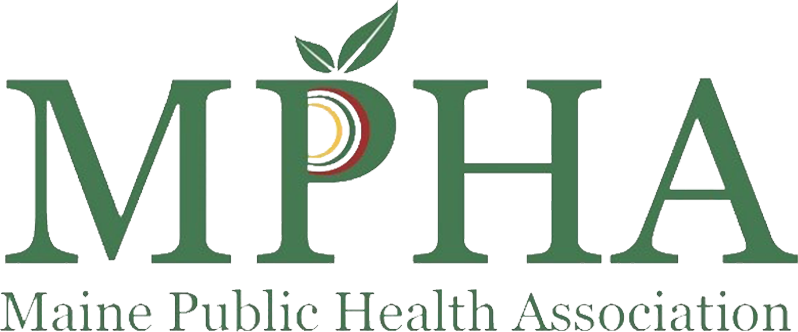
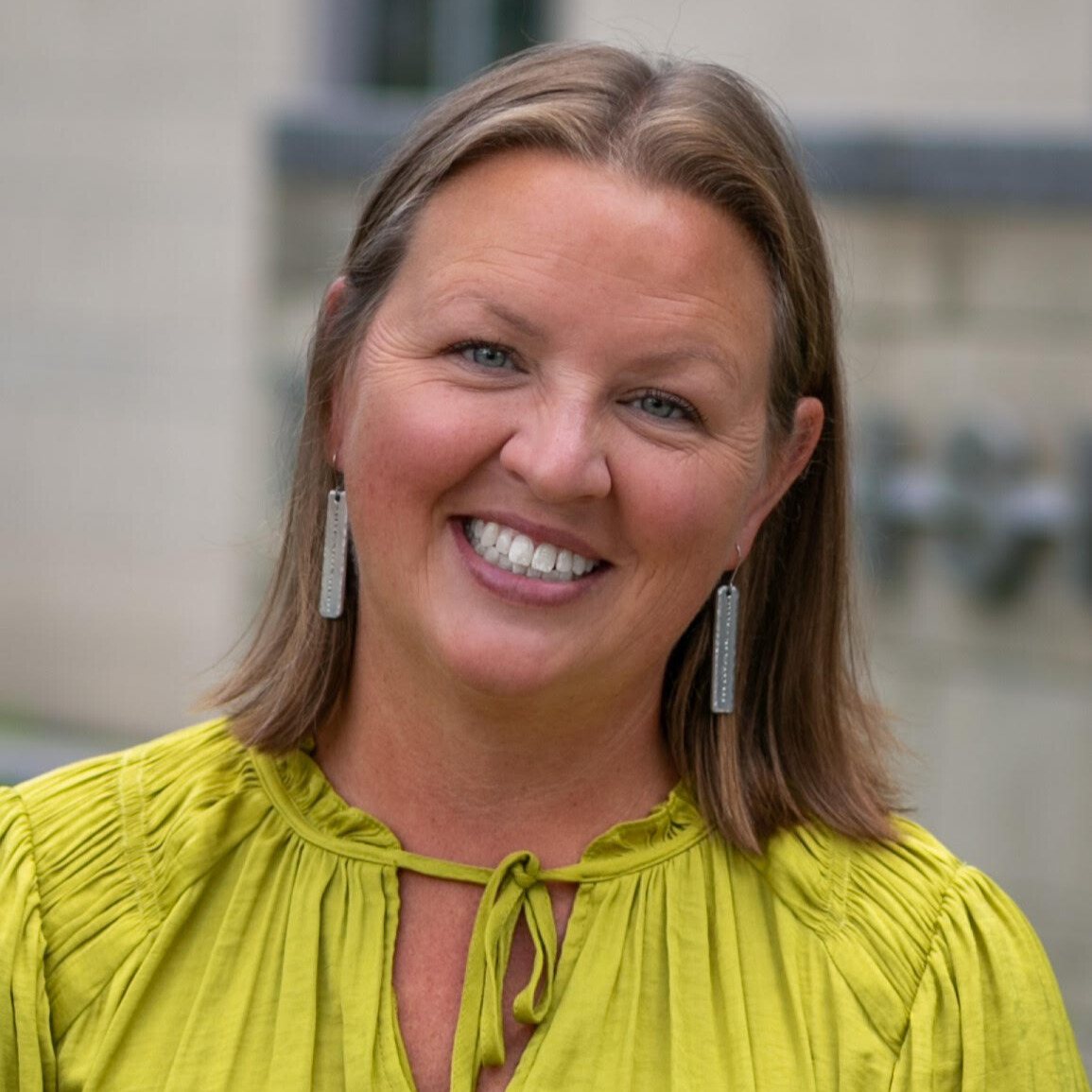 Jennah Godo, MS
Jennah Godo, MS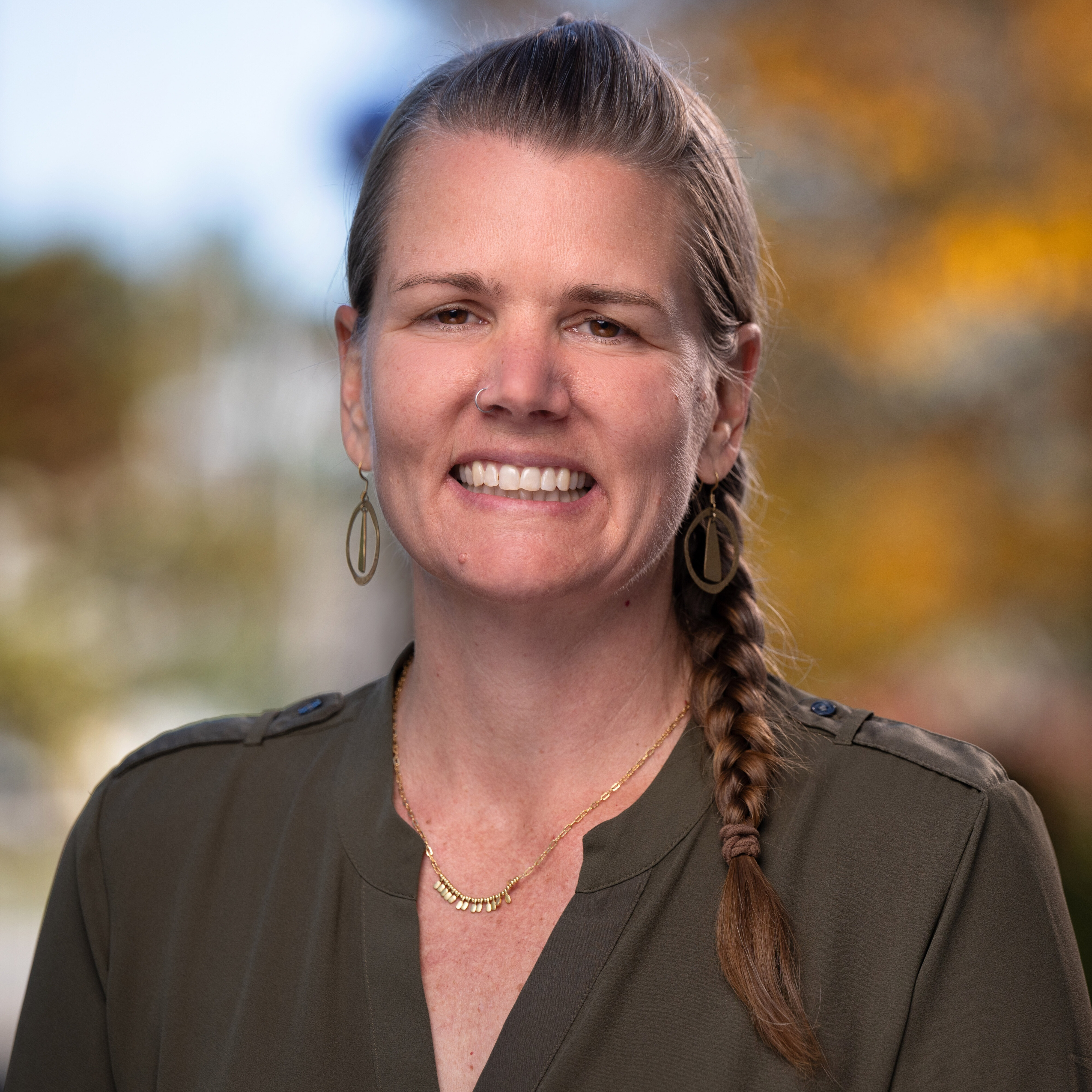
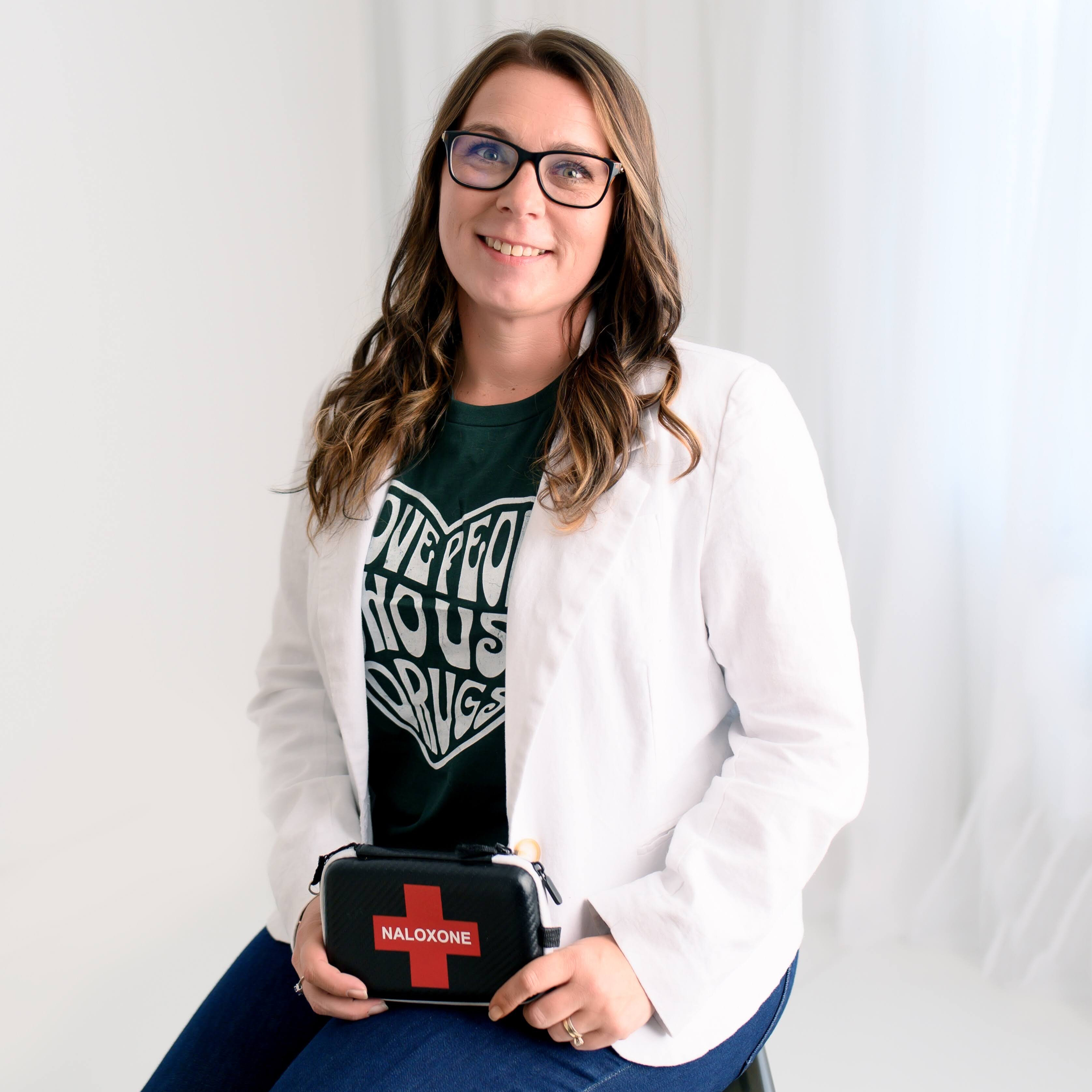
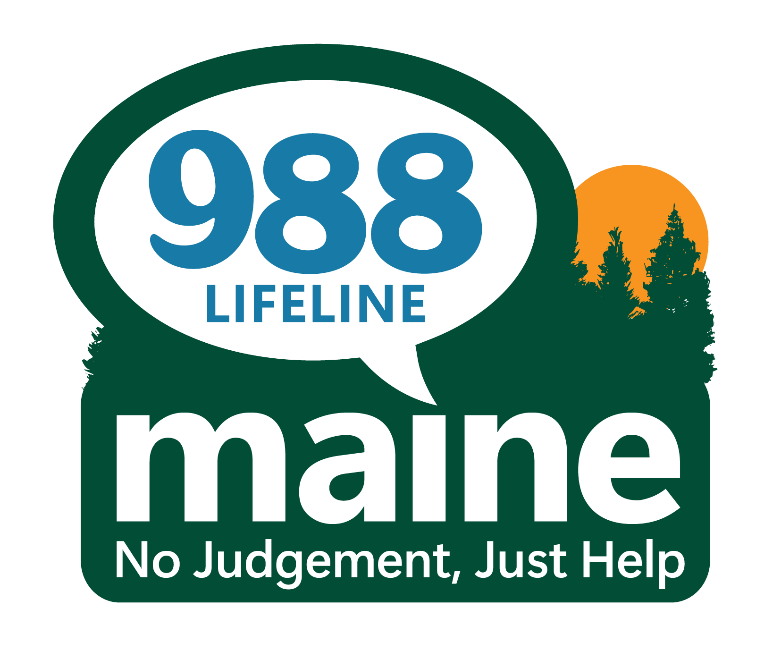


 Christina Cook, MSW, The Opportunity Alliance: Maine Crisis Line/988
Christina Cook, MSW, The Opportunity Alliance: Maine Crisis Line/988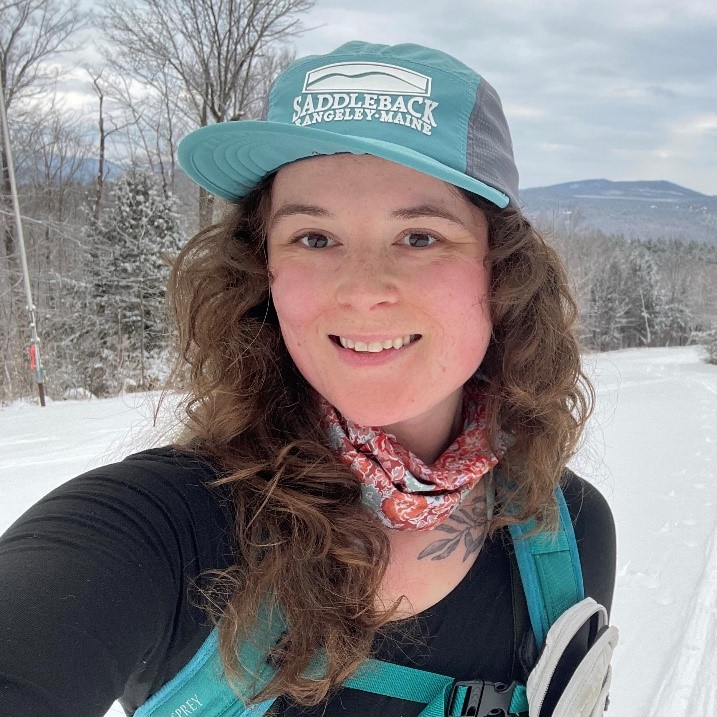 Harley High, The Opportunity Alliance: Maine Crisis Line/988
Harley High, The Opportunity Alliance: Maine Crisis Line/988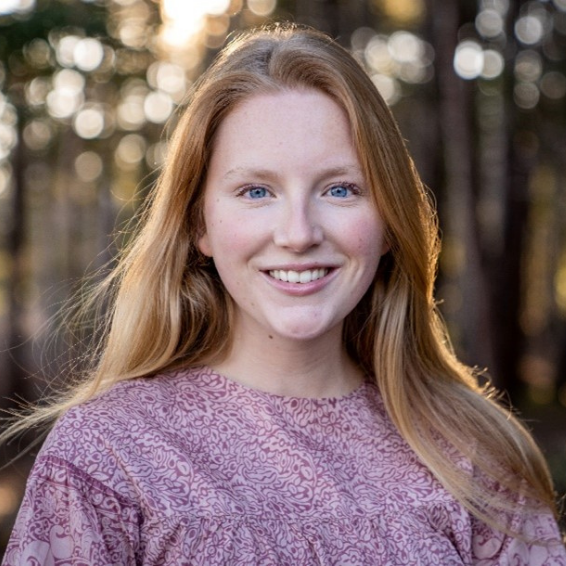 Abby Bridgers, MPS, Maine DHHS: Office of Behavioral Health
Abby Bridgers, MPS, Maine DHHS: Office of Behavioral Health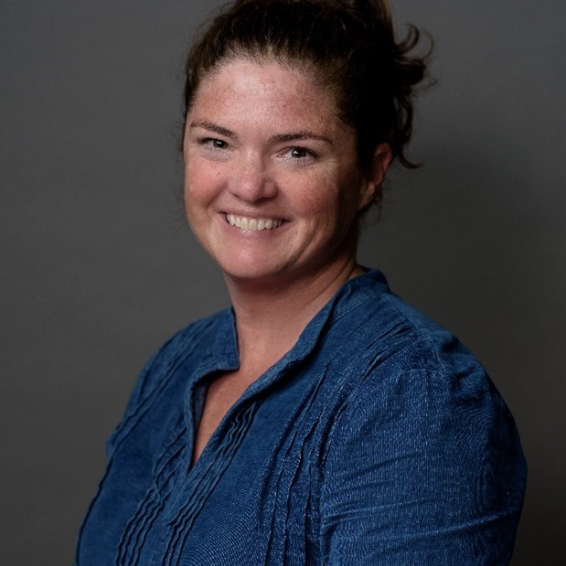 Brooke Pochee-Smith, Maine DHHS: Office of Behavioral Health
Brooke Pochee-Smith, Maine DHHS: Office of Behavioral Health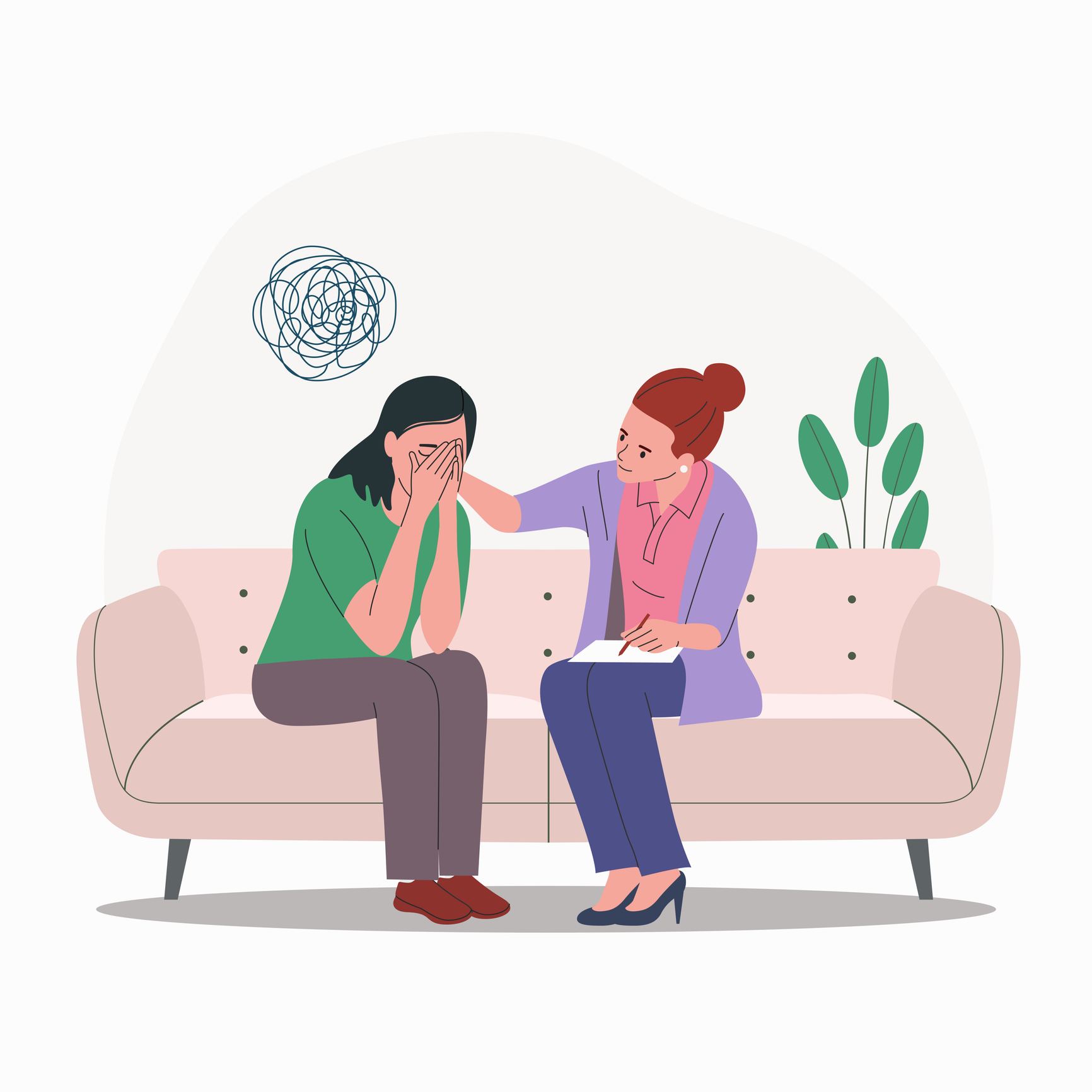


 Catherine Ryder, LCPC, NCC
Catherine Ryder, LCPC, NCC Megan DuEst, LCSW, LADC, CCS, MHRT-CSP, RN
Megan DuEst, LCSW, LADC, CCS, MHRT-CSP, RN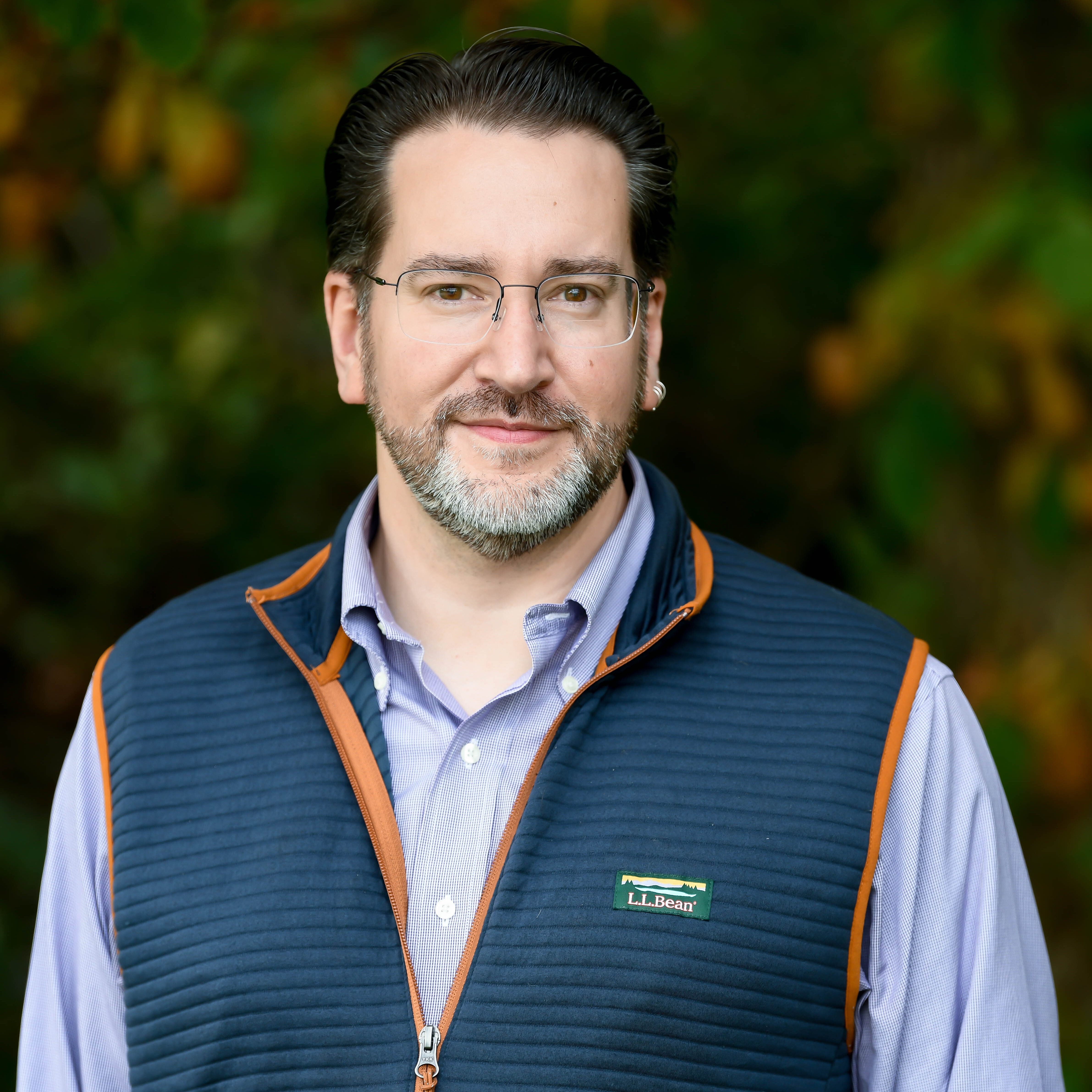 Ben Strick, LCSW
Ben Strick, LCSW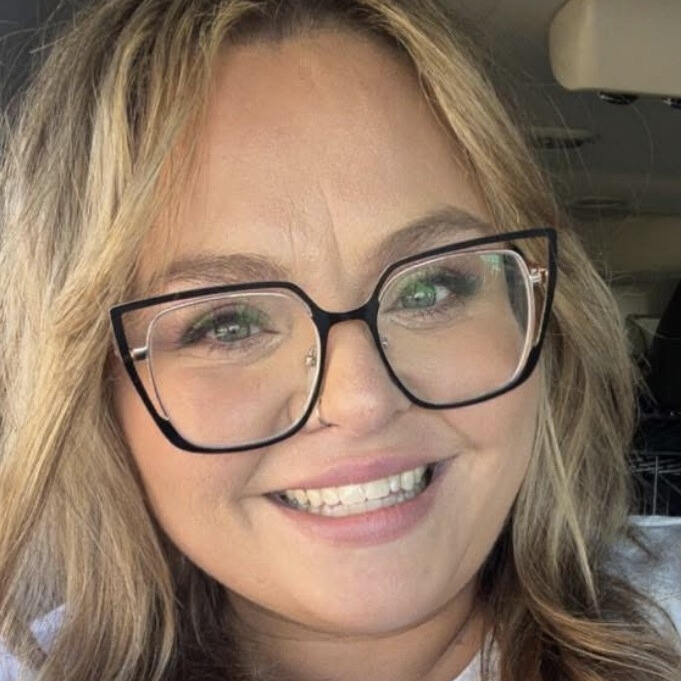 Amanda Spilman, Peer
Amanda Spilman, Peer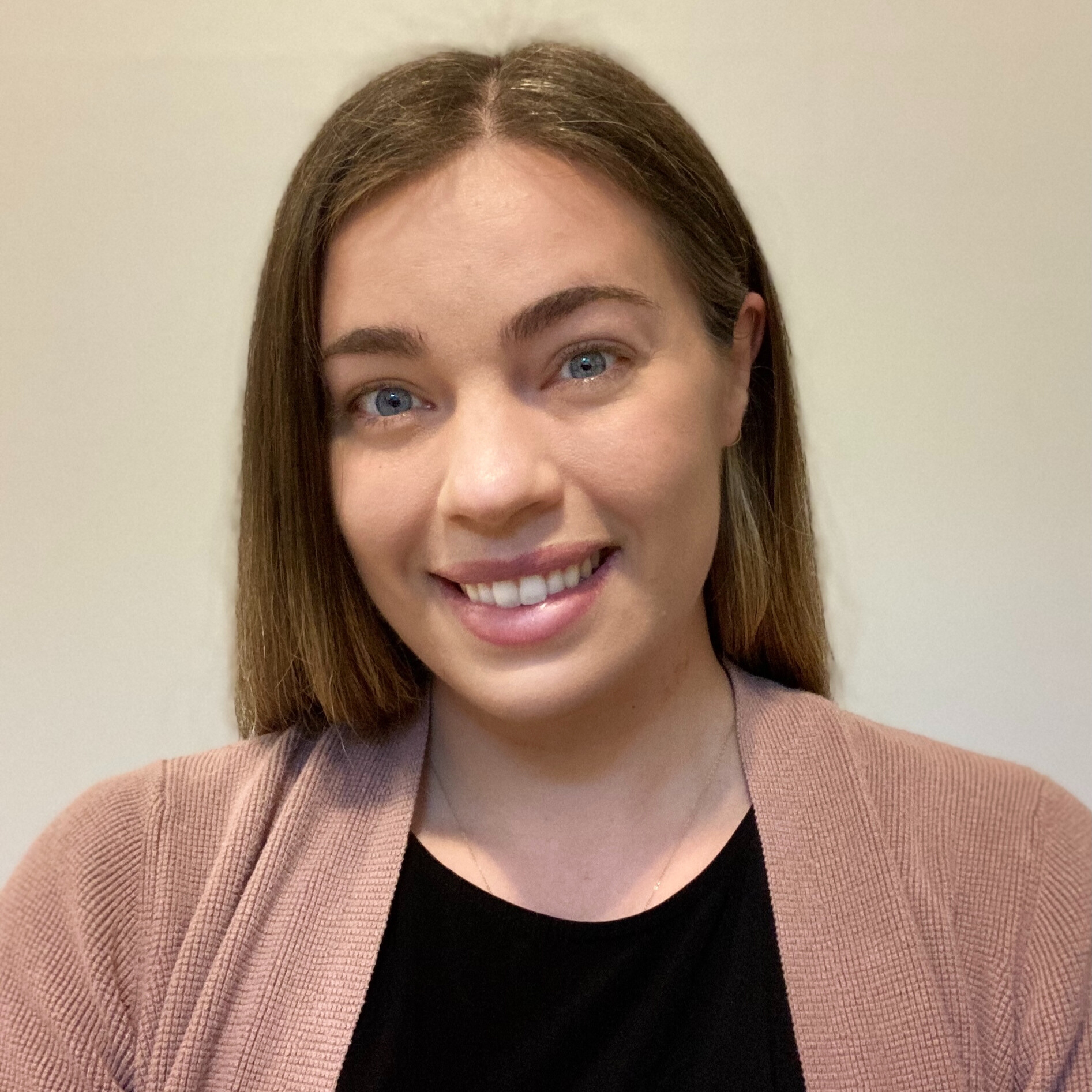 Katherine Rodney, LCSW, MHRT/CSP, CRMA
Katherine Rodney, LCSW, MHRT/CSP, CRMA


 Sarah Levin-Lederer, MPH
Sarah Levin-Lederer, MPH





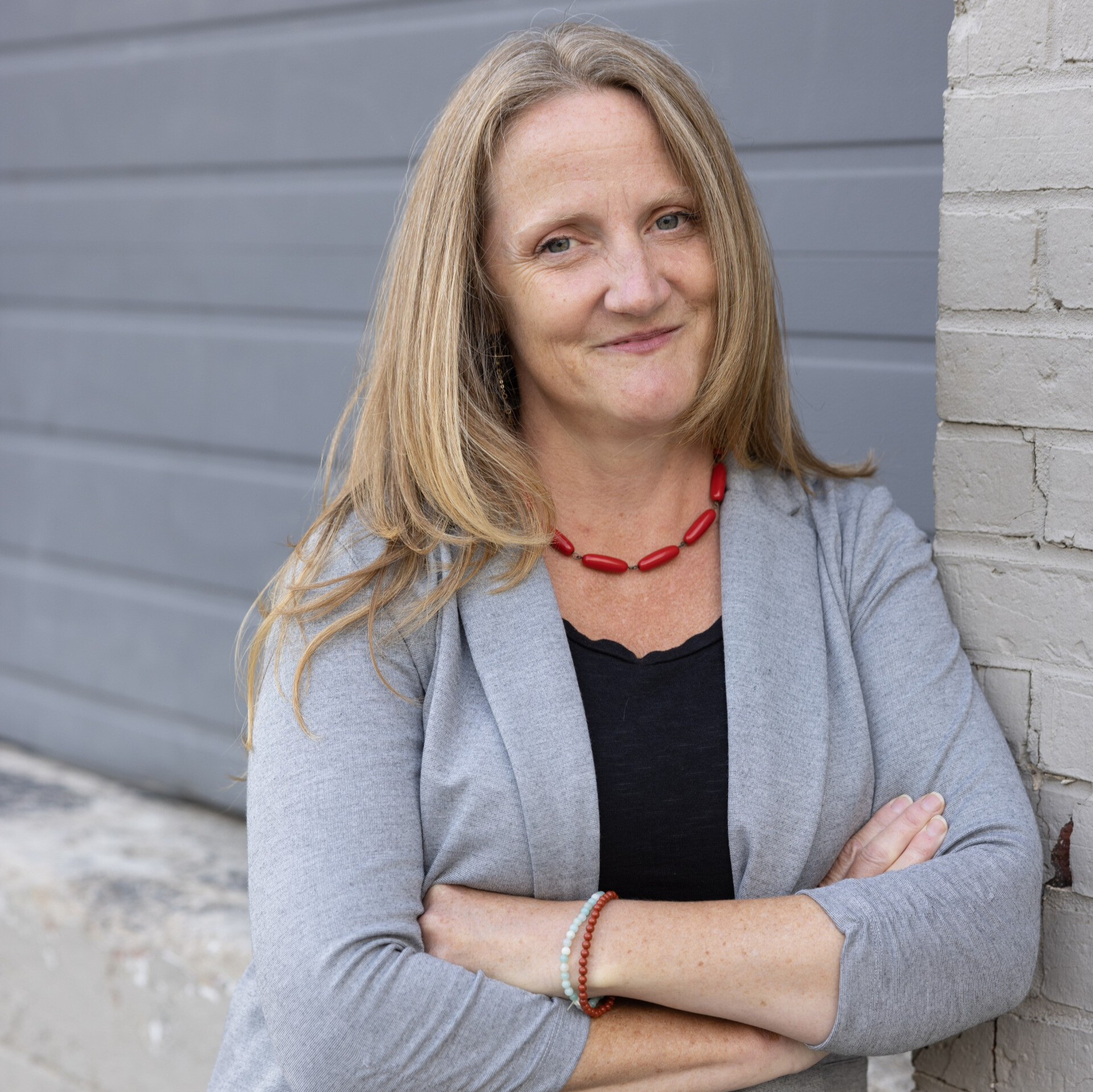 Zoe Miller, MPH
Zoe Miller, MPH


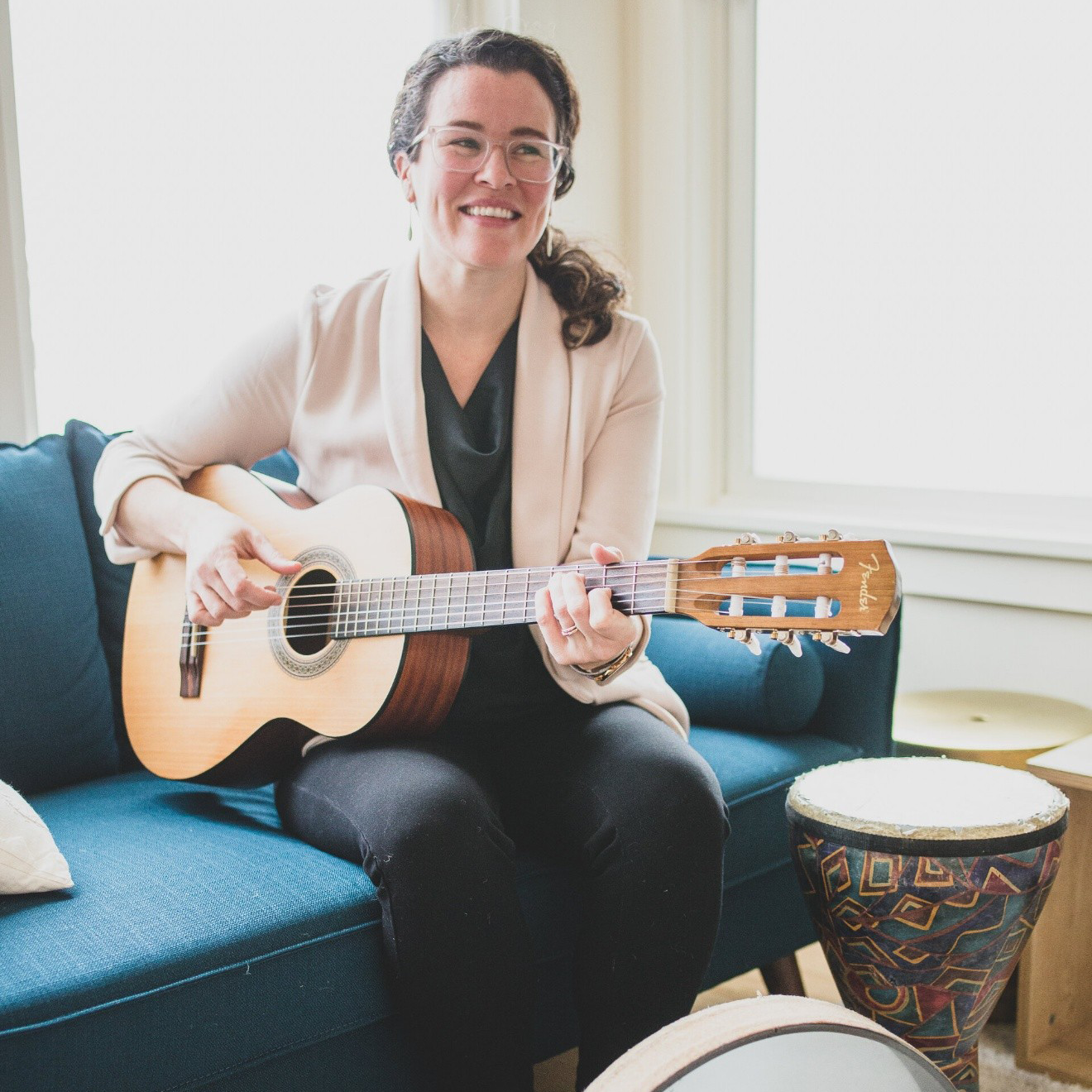 Kate Beever
Kate Beever




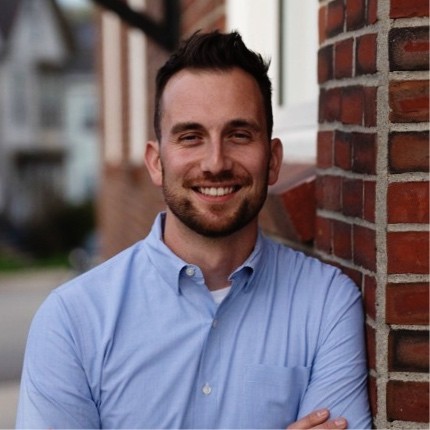 Andrew Zarro
Andrew Zarro
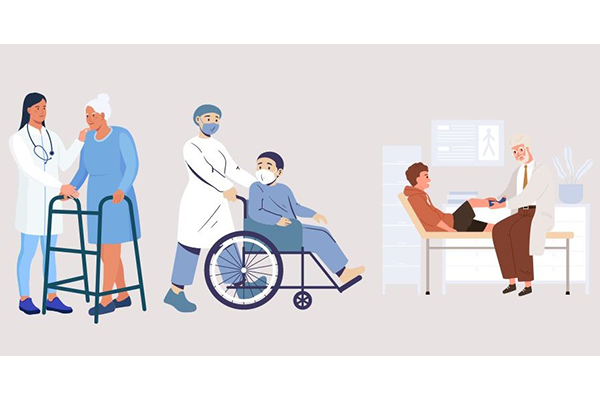


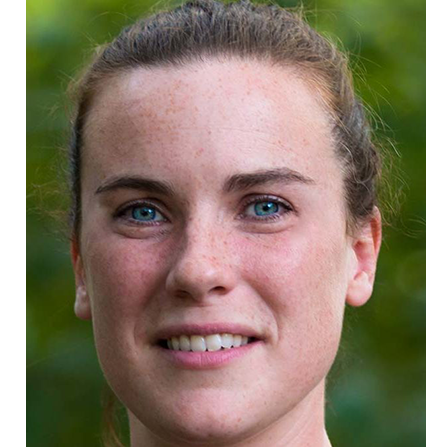


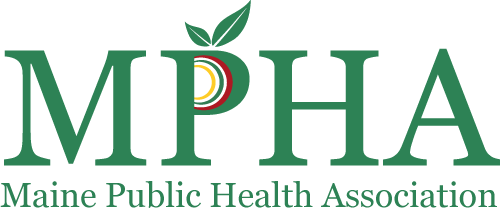
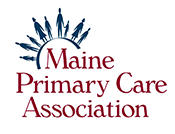
 Maddie Blair, MPH
Maddie Blair, MPH








